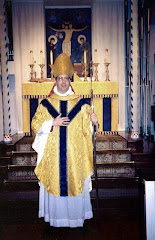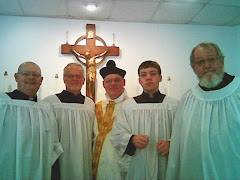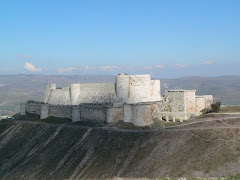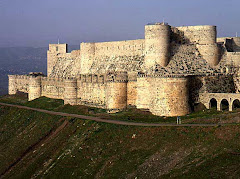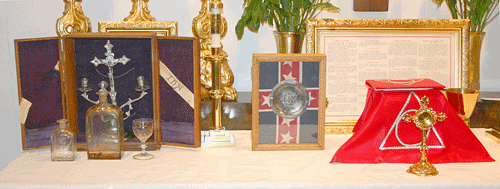 President Dwight Eisenhower wrote the following letter in response to one he received dated August 1, 1960, from Leon W. Scott, a dentist in New Rochelle, New York. Scott's letter reads:
President Dwight Eisenhower wrote the following letter in response to one he received dated August 1, 1960, from Leon W. Scott, a dentist in New Rochelle, New York. Scott's letter reads:Dear Mr. President:
At the Republican Convention I heard you mention that you have the pictures of four (4) great Americans in your office, and that included in these is a picture of Robert E. Lee.
I do not understand how any American can include Robert E. Lee as a
person to be emulated, and why the President of the United States of
America should do so is certainly beyond me.
The most outstanding thing that Robert E. Lee did was to devote his
best efforts to the destruction of the United States Government, and
I am sure that you do not say that a person who tries to destroy our
Government is worthy of being hailed as one of our heroes.
Will you please tell me just why you hold him in such high esteem?
Sincerely yours,
Leon W. Scott
Eisenhower's response, written on White House letterhead, reads as follows:
August 9, 1960
Dear Dr. Scott:
Respecting your August 1 inquiry calling attention to my often
expressed admiration for General Robert E. Lee, I would say, first,
that we need to understand that at the time of the War Between the
States the issue of Secession had remained unresolved for more than
70 years. Men of probity, character, public standing and unquestioned
loyalty, both North and South, had disagreed over this issue as a
matter of principle from the day our Constitution was adopted.
General Robert E. Lee was, in my estimation, one of the supremely
gifted men produced by our Nation. He believed unswervingly in the
Constitutional validity of his cause which until 1865 was still an
arguable question in America; he was thoughtful yet demanding of his
officers and men, forbearing with captured enemies but ingenious,
unrelenting and personally courageous in battle, and never
disheartened by a reverse or obstacle. Through all his many trials,
he remained selfless almost to a fault and unfailing in his belief in
God. Taken altogether, he was noble as a leader and as a man, and
unsullied as I read the pages of our history.
From deep conviction I simply say this: a nation of men of Lee's
caliber would be unconquerable in spirit and soul. Indeed, to the
degree that present-day American youth will strive to emulate his
rare qualities, including his devotion to this land as revealed in
his painstaking efforts to help heal the nation's wounds once the
bitter struggle was over, we, in our own time of danger in a divided
world, will be strengthened and our love of freedom sustained.
Such are the reasons that I proudly display the picture of this great
American on my office wall.
Sincerely,
Dwight D. Eisenhower


